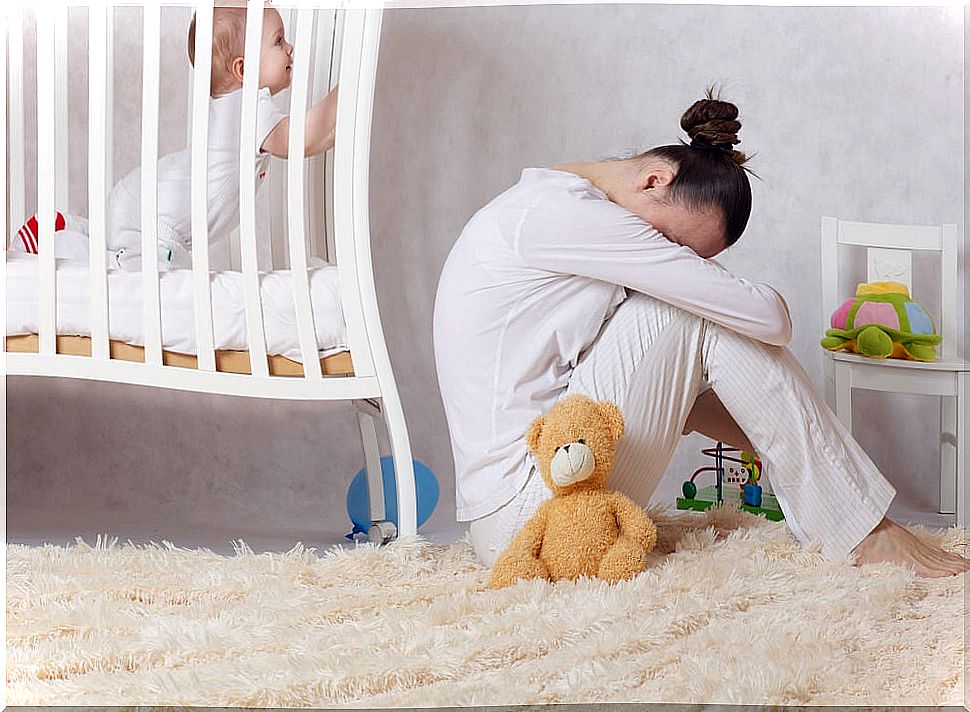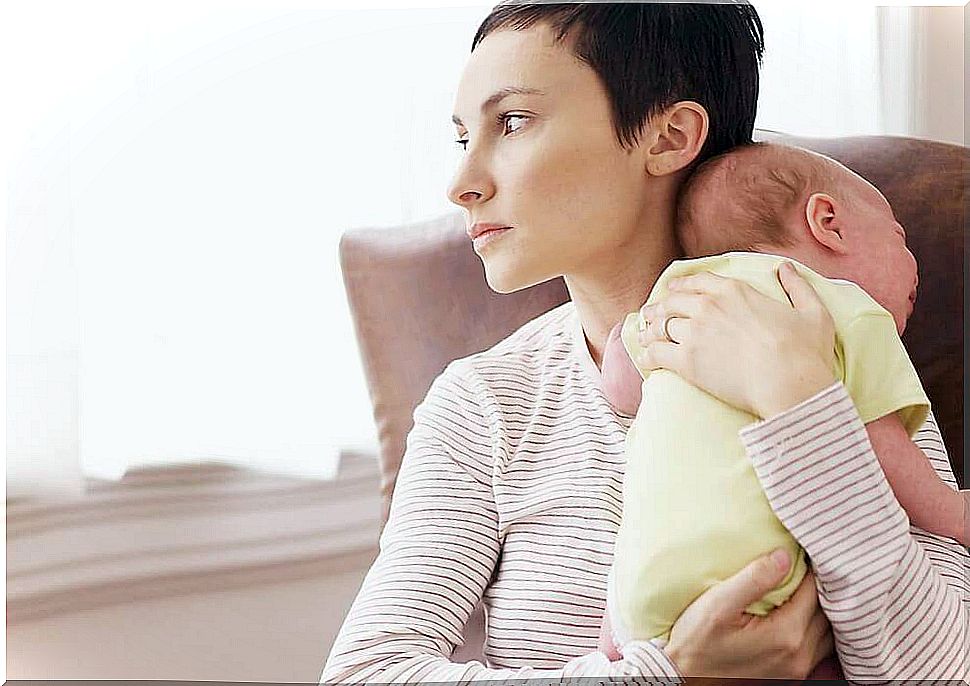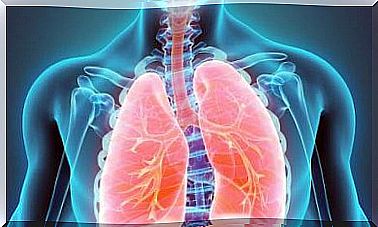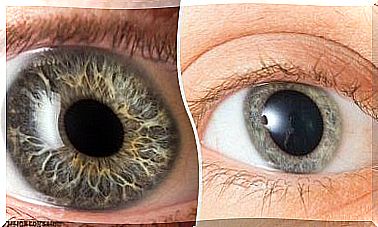Treatment Of Postpartum Depression
Postpartum depression is a mood disorder that can affect women after giving birth. It can be moderate to intense, and is the result of a combination of physical and emotional factors.
Mothers with postpartum depression often have feelings of extreme sadness, anxiety, and tiredness. This emotional and physical state makes it difficult to carry out the daily tasks of caring for the newborn and for themselves.
What Causes Postpartum Depression?
When women give birth , estrogen and progesterone levels drop rapidly. These sudden changes in hormone levels can cause changes in mood. Also, many women cannot get enough rest to fully recover from childbirth.
The constant lack of sleep and rest can cause physical discomfort and exhaustion. Both of these factors can contribute to the development of postpartum depression.
What are the symptoms of postpartum depression?

Postpartum depression occurs in almost 15 percent of deliveries. Although, it can start a little earlier, the most common is after the baby is born. But it usually starts between a week and a month after delivery.
Some of the most common symptoms that you may experience include the following:
- Sadness and crying more often than usual or for no apparent reason.
- Anxiety and irritation.
- Sleeping excessively or not being able to sleep, even when the baby sleeps.
- Lack of concentration and loss of interest in activities that were enjoyable.
- Eating too much or too little.
- Isolating yourself from friends and family.
- Having trouble bonding with the baby. As well as doubting the ability to care for them.
Since symptoms can vary from woman to woman, the doctor can determine whether they are due to postpartum depression or some other factor.
Are there risk factors for postpartum depression?
Postpartum depression can affect any woman, regardless of age, race, or financial situation. However, some women may be at higher risk for postpartum depression.
There may be an increased risk of postpartum depression in women who have one or more of the following risk factors:
- Symptoms of depression during or after a previous pregnancy.
- History of depression or bipolar disorder later in life. As well as a family history of depression or other mental illnesses.
- Suffering from stressful situations during pregnancy or shortly after giving birth. Such as the existence of medical complications during childbirth such as premature delivery or the baby being born with health problems.
- Lack of emotional support from your husband, partner, family, or friends.
Treatment

To overcome postpartum depression, drug treatment, psychotherapy, or both can be used. It will be the doctor who will assess which is the best in each case.
Among the treatments to choose are:
Psychotherapy
The sessions with the specialist can be of two types. Both types of psychotherapy have been shown to be particularly effective in treating postpartum depression:
- Cognitive-behavioral therapy (CBT) : which helps people recognize and change their negative thoughts and behaviors.
- Interpersonal therapy (IPT) : which helps people understand and live with problematic personal relationships.
Antidepressant drugs
Antidepressant medications work on chemicals in the brain that are involved in regulating mood.
These types of medications are generally considered safe to use while breastfeeding. However, the specialist must evaluate the risks and benefits that these medications imply for both the mother and her baby.
In addition to treatments, family and environmental support, as well as your own attitude, are also very important to overcome postpartum depression.
Other measures
There are other measures that can help overcome postpartum depression are:
- Get enough sleep : it is very important for physical and mental health. We must try to get the mother and the baby to sleep, so that when the child rests, the mother can also rest and recover.
- Have free time: whenever possible, try to have free time to be alone, with your partner, or with friends.
Without treatment, postpartum depression can last for months or years. In addition to affecting the mother’s health, it can interfere with her ability to relate and care for her baby.









